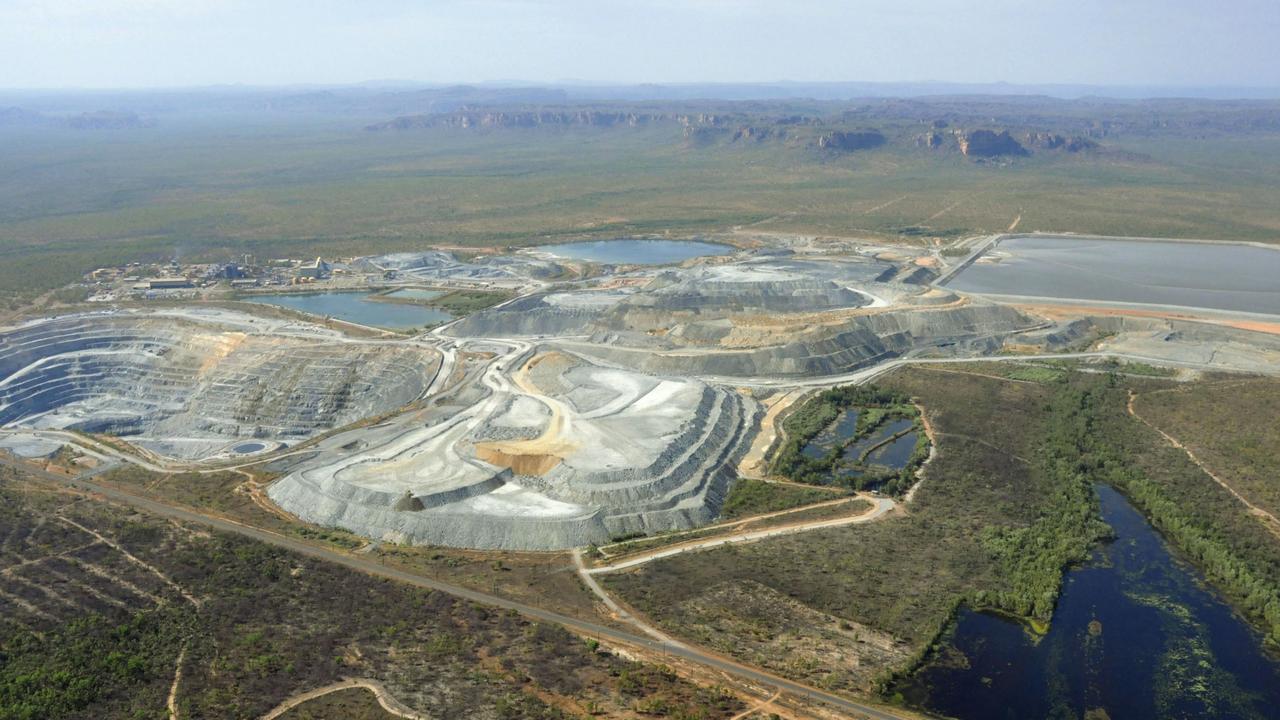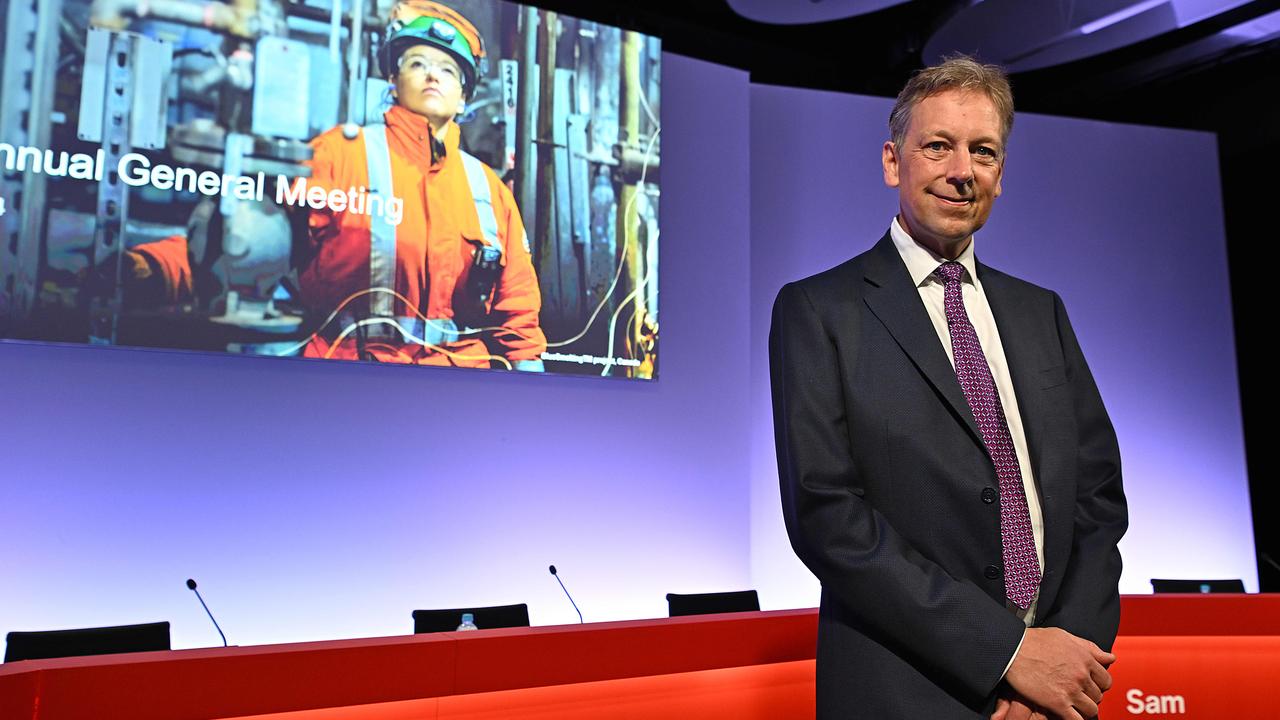Blue Sky Alternative Investments: underperforming 2010 trust considers extension of November deadline
A PRIVATE equity fund of star financial manager Blue Sky has been struggling & wants investors to consider extending how long they park their money.

QLD Business
Don't miss out on the headlines from QLD Business. Followed categories will be added to My News.
A PRIVATE equity fund of star financial manager Blue Sky Alternative Investments has been struggling and wants investors to consider extending how long they park their money.
“We appreciate this is a frustrating situation for investors but we are committed to maximising returns,” the Blue Sky Private Equity 2010 Trust told investors in its latest quarterly report.
The fund has invested in four companies, some of which have underperformed such as Lenard’s Chicken, and wants to offload those stakes.
“We understand that having your capital tied up for so long is not acceptable and we remain committed to realising these investments as quickly as we can,” it said.
Blue Sky Alternative Investments chief executive Rob Shand told The Courier-Mail that potentially extending the trust up to a year beyond its November finish date would remove the threat of buyers using the deadline as negotiating leverage.
He also rejected notions that Blue Sky avoided selling struggling assets, saying the fund manager have “got out of a whole bunch over the 11 years that have been tougher”.
The fund was only one of 67 funds for the overall group, which has more than $3.2 billion in assets under management, he added.
“It is important that we continue to do as good a job as possible as we can for these investors. But in the context of Blue Sky, in the context of the investors broadly that invest with us, it’s completely insignificant,” he said.
CONTRASTING RETURNS
While Blue Sky Alternative Investments trumpets that overall investor returns are estimated at 15.9 per cent annually, it said the comparable losses for the institutional part of the 2010 fund are negative 1.2 per cent. For everyday investors, it was negative 2.7 per cent.
Mr Shand said it was unreasonable to infer the fund would suffer losses. Still, that negative performance goes largely under the radar with the trust not a publicly-listed entity.
It also contrasts with the latest positive stockmarket statements of the $700 million market-cap Blue Sky Alternative Investments, which flagged “strong growth” and delivering on forecasts.
Mr Shand maintained Blue Sky did not avoid bad proclamations and the tenor of that sharemarket announcement reflected “there’s been a lot more go well”.
Performance is important for Blue Sky Alternative Investments: it earns fees for managing more money and bonuses for exceeding targets. Its share price has risen from 71¢ in 2012 to $10.60 on Thursday.
The fund started in 2010 and raised $29 million via one trust with everyday investors, such as self-managed superannuation funds, and another via institutions.
It was planned to run for five years, with the option of extending to 2017.
The aim was to provide “expansion capital” for businesses valued at between $10 million and $30 million. Initial stakes were held in franchise chain Lenard’s and portaloo group Viking Rentals.
The fund offloaded Viking in 2015 for an undisclosed sum. But four other companies on its books remain unsold. Those include loss-making health information outfit Alcidion; energy retailer QEnergy, whose raw earnings are improving; OICS, which caters to construction and resource camps; and Lenard’s, which the trust had initially flagged as being potentially sold “relatively early”.
But Lenard’s raw earnings, stripping out the likes of tax and amortisation, went from a $3.8 million in 2013 to negative $300,000 in 2015, and back to positive $1 million in 2017.
Units in the trust for retail investors and SMSFs were issued at $1 and were worth 61.99¢ by June, with investors getting 18.85¢ per unit in returned capital already.
NO MANAGEMENT FEES
Blue Sky said it would not charge management fees from July this year for the trust. Management fees had been 2.05 per cent of capital and no bonus fees were accrued from the fund.
The overall Blue Sky group has sold out of 38 investments since 2006, and says 33 of these sales were above the latest valuation of those assets. But it declined to provide specific dollar figures.
Valuations are important because Blue Sky’s overall 15.9 per cent growth number, which it promotes, includes valuation estimates of investments for which there is no visible market, such as private infrastructure, along with actual sold assets.
The final performance depends on actual final sales prices. Mr Shand said in this context, “the track record for those (sold) investments is better than the track record overall”. Blue Sky also uses independent valuers.
Mr Shand said Blue Sky was attracting investors such as Goldman Sachs.
“You don’t attract the quality of investor … you don’t get through their due diligence process without a really good track record,” he said.
But he said the 2010 trust was not Blue Sky’s best performing fund.
“If you want a risk-free investment, you put money in the bank,” he said. “All investment comes with risk.”
Contact: Liam Walsh liam.walsh@news.com.au


